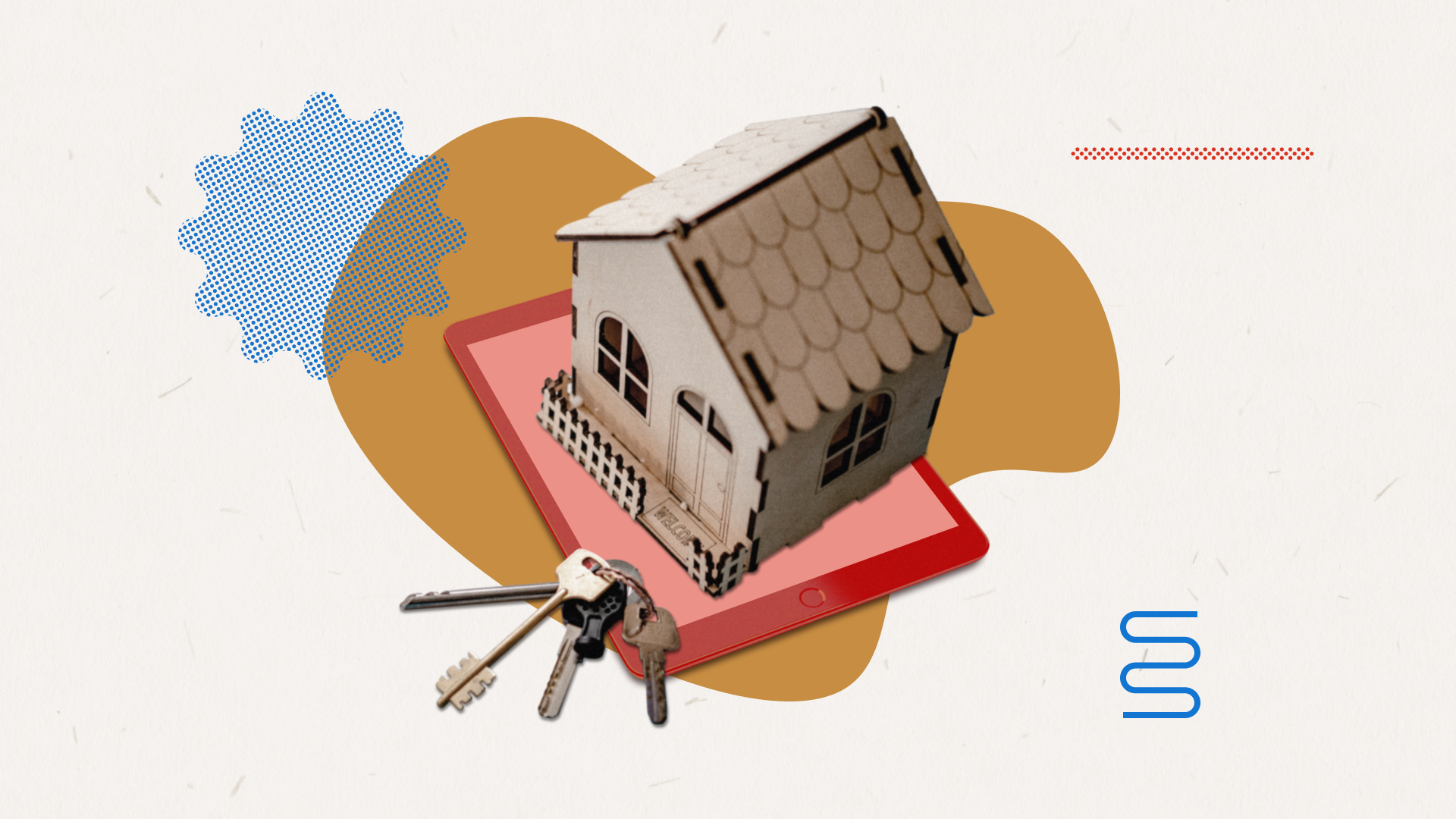
Mortgage closings are the final step to purchasing a home. The majority of real estate today is purchased using a mortgage, which means that at the closing, in addition to the buyer and seller (or partiers representing them, such as a lawyer), there are a number of other people present to close the loan.
A typical closing also includes the real estate agents for the buyer and seller, as well as the mortgage lender and a title agent. In addition to this team is a notary signing agent, who is necessary for notarizing key documents during the closing process.
What does a notary do at a mortgage closing?
The closing is where home ownership and loan documents are signed and notarized. In a traditional, in-person closing, a notary is present in order to witness the signing of the documents, and then to stamp the documents with an official notary seal for them to be considered legal and binding.
Typically, the notary notarizes the following documents:
- Deed: This document represents ownership of the actual property or home. Signing it transfers ownership from the seller to the buyer
- Affidavit of title: Each state has a slightly different version of this document, which is a statement from the seller disclosing any potential issues, such as an outstanding lien or boundary dispute
- Signature affidavit: This notarized document verifies that the signatures are legitimate
How to find the right notary for a mortgage closing
It is important to note the difference between a notary public and a notary signing agent, especially when it comes to mortgage closings.
Notary public: A notary public has the basic requirements to witness a document signing and notarize a document.
Notary signing agent: A notary signing agent is a certified notary public that has gone through additional training and certification. They perform notary services that are specific to real estate documents, and must be well-versed in the entire mortgage process.
Mortgages are high-value transactions, and so it is important to ensure that the person notarizing the documents is qualified and trustworthy.
Types of notary signing agents for mortgage closings
When it comes time to schedule the closing, it is critical to have access to a notary signing agent. Often, mortgage closings take place 60 to 90 days after an offer on a property is made, and scheduling issues can occur based on the availability of a notary signing agent (especially in today’s market).
Typically, there are three options for scheduling a notary signing agent for a mortgage closing:
Lender-affiliated notary: In many cases, the lender or title agent has a number of personal relationships with local notary signing agents, and will recommend that they work with these contacts to find someone who can be available for the day of the closing.
The pros of having a lender assign a notary include the fact that the notary signing agent has worked with the lender and/or title agent in the past and is familiar with their process. However, the con is that these notary signing agents tend to have a full calendar so the closing is often scheduled with little flexibility if it needs to be rescheduled.
Buyer-selected notary: A buyer usually has an option of bringing their own notary to the mortgage closing if they wish to.
This might be preferred for buyers who have a notary signing agent that they trust. However, it can be difficult to ensure that the notary signing agent of choice will be available for the closing date.
Online notary: An online notarization platform, such as Notarize, provides all of the same notarization services as an in-person notary or notary signing agent.
One of the many benefits of using an online notarization platform for real estate is that it provides access to qualified notaries 24/7. This element of flexibility means that closings don’t need to be scheduled around the availability of a notary signing agent.
The best choice for safe and simple notarizations
Online notarization provides the convenience that many homebuyers are looking for. Using a notary for mortgage closings through the Notarize platform enables a more flexible closing schedule and also supports fully-digital eClosings as well. It can also improve the security and accuracy of a loan, as documents are uploaded electronically and verified with a timestamp, and are audio and video-recorded.
For lenders looking to give their customers the smoothest mortgage closing process, the Notarize platform can help.



